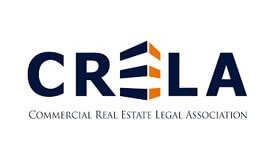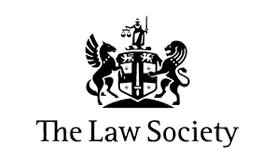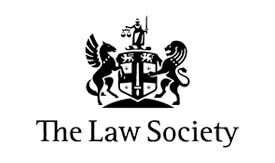Online harassment has become a pervasive issue in today’s digital age, affecting countless individuals in the UK and beyond. It encompasses a range of harmful behaviours, such as cyberbullying, trolling, and doxing, which can have severe consequences for victims. Addressing online harassment is of paramount importance to create a safe and inclusive digital space for everyone.
Legal action may be necessary and advisable in certain situations involving online harassment in the UK. Here are some scenarios where pursuing legal remedies can be considered:
Persistent Harassment
When online harassment persists despite attempts to address it through reporting and blocking, legal action may be necessary. This is particularly relevant if the harassment causes significant distress, disrupts daily life, or has a lasting impact on mental well-being.
Threats and Intimidation
If online harassment involves explicit threats, intimidation, or incitement to violence, it is important to take the matter seriously. Such behaviour may be criminal in nature and require immediate legal intervention to ensure personal safety and the safety of others.
Stalking and Doxing
Cases involving stalking or doxing (publishing personal information with malicious intent) can have serious real-world consequences. If you are being stalked or have had your personal information unlawfully exposed online, seeking legal recourse can provide protection and deter further harassment.
Hate Speech and Discrimination
Online harassment that involves hate speech, discriminatory language, or targeted abuse based on characteristics such as race, religion, gender, or sexual orientation may be illegal under UK law. Pursuing legal action in such cases sends a strong message that hate speech and discrimination will not be tolerated.
Defamation and False Accusations
If you are the victim of false accusations, defamation, or character assassination online, it can significantly damage your reputation and livelihood. Legal action, such as pursuing a defamation claim, may be necessary to protect your interests and restore your reputation.
Non-consensual Sharing of Intimate Content
Cases involving revenge porn or the non-consensual sharing of intimate images or videos are serious offences. The UK has specific laws in place, such as the Criminal Justice and Courts Act 2015, to address such incidents. Legal action can help hold perpetrators accountable and seek justice for the violation of privacy.
Intellectual Property Infringement
Online harassment can also involve the unauthorized use or distribution of copyrighted materials, trademarks, or intellectual property. In such cases, legal action can be taken to protect your intellectual property rights and seek remedies for the infringement.
In the event of any of these situations, we recommend that you consult with our solicitors who work with online harassment or cyber crime to understand what specific legal options are available to you in your situation. We can provide guidance on the appropriate steps to take, including filing a police report, seeking a restraining order, initiating civil proceedings or engaging in alternative dispute resolution.
Contact Our Online Harassment Lawyers and advocates in Manchester, Birmingham and London, UK
If you would like to enquire about any of our online harassment services please complete our online contact form or send an email to us at enquiries@monarchsolicitors.com and one of our online harassment advocates shall call you back.
Alternatively, please call our online harassment lawyers on 0330 127 8888 for a free no no-obligation discussion.
Monarch Solicitors is a leading UK law firm with specialist online harassment solicitors ready to offer their expertise. Our award-winning Manchester solicitors, London solicitors and Birmingham solicitors offer their legal expertise nationally and internationally.













